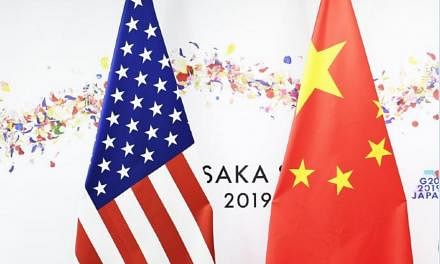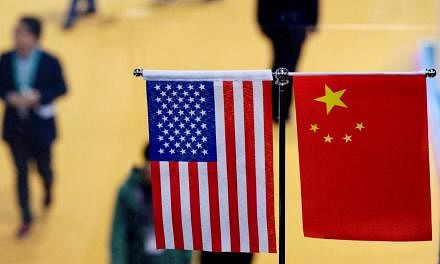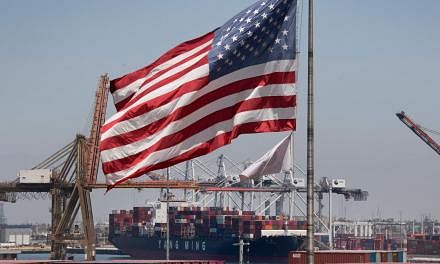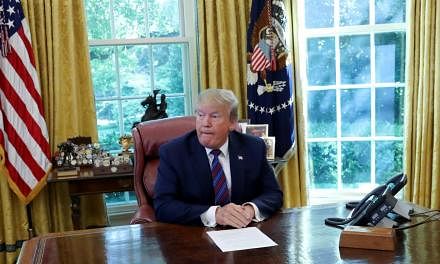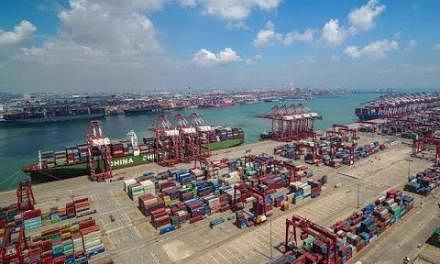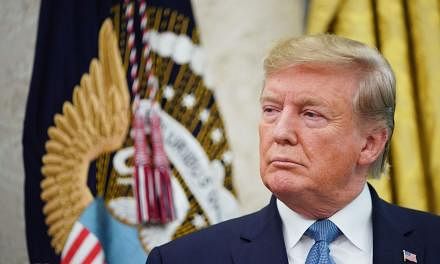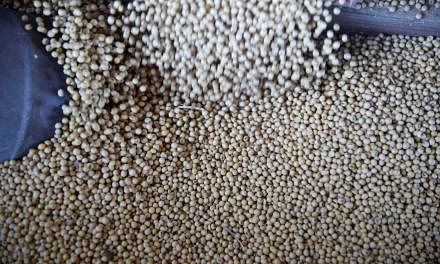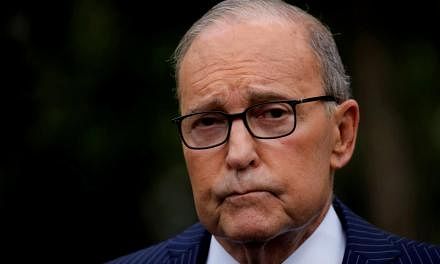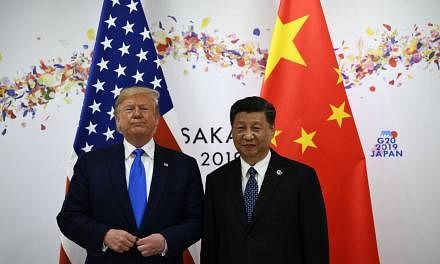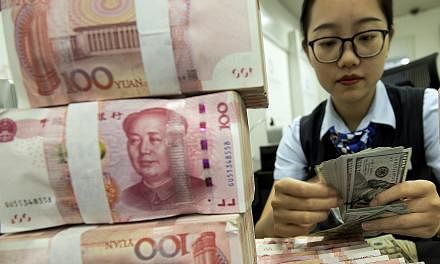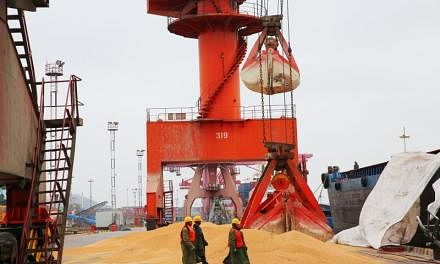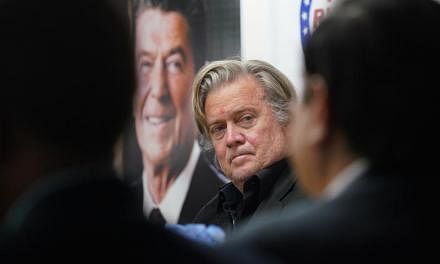As tensions between the world's two largest economies escalate into a full-blown trade war, US President Donald Trump has accused China of stealing American know-how by forced technology transfer.
But a veteran US economist yesterday told a forum in China that his own country was copying and stealing from others a century ago.
This is because when a country is lagging far behind, "it makes sense to imitate and innovate" in order to catch up with more advanced nations, said 2011 Nobel Economics laureate Thomas Sargent.
Speaking on the second day of the 21st Century Maritime Silk Road China (Guangdong) International Communication Forum in Zhuhai, the New York University professor said every country that sought to catch up with more developed ones has embraced imitation.
"In the 19th century, the United States imported ideas, intellectual capital from abroad and my country, the US, did not do a good job of protecting British human capital and intellectual property.
"We violated intellectual property rights all over the place and the British always complained about it and my country ignored those complaints until the US started getting lots of intellectual property that it wanted to protect. That's happened over and over again, and it's going to happen again," said Prof Sargent.
That said, he noted, it is important to innovate and try out new things to become a global leader, even if most research and development projects fail. Former Chinese leader Deng Xiaoping recognised this, he said, and Guangdong today is an example of a market where businesses choose whether they want to imitate or innovate, or both.
At what point is it enough to just imitate? Prof Sargent said it is a question that economists, governments and entrepreneurs ask themselves all the time. "For some countries, it could be enough forever... For other countries, they say, 'Well, that's not good enough for us'. It's clear if you talk to my friends in China, that's not enough for them. They want to be innovators, they want people to come to China to learn new technologies, they want to compete at the highest level."
He believes China is now innovating. Pointing to smartphone giant Huawei, he said its engineers started by copying, which is "not a bad thing", and went on to improve their technologies and products.
Analysts have said Mr Trump wants to pressure China to change what he deems as unfair trade, technology transfer and high-tech industrial subsidy policies.
Separately, former Chinese central bank chief Zhou Xiaochuan said in Geneva yesterday that China had to plug loopholes in the way it applies rules on subsidies and technology transfer to address complaints.
"We should change the mentality. There could have been some inappropriate behaviour sometimes, but we are improving," he said.
Yesterday, Ms Lee Huay Leng, head of Singapore Press Holdings' Chinese Media Group, also shared her thoughts on how China is perceived in Singapore and Malaysia at the Zhuhai forum. The three-day event that ends today also saw discussions on the Guangdong-Hong Kong-Macau Greater Bay Area and the Belt and Road Initiative.


